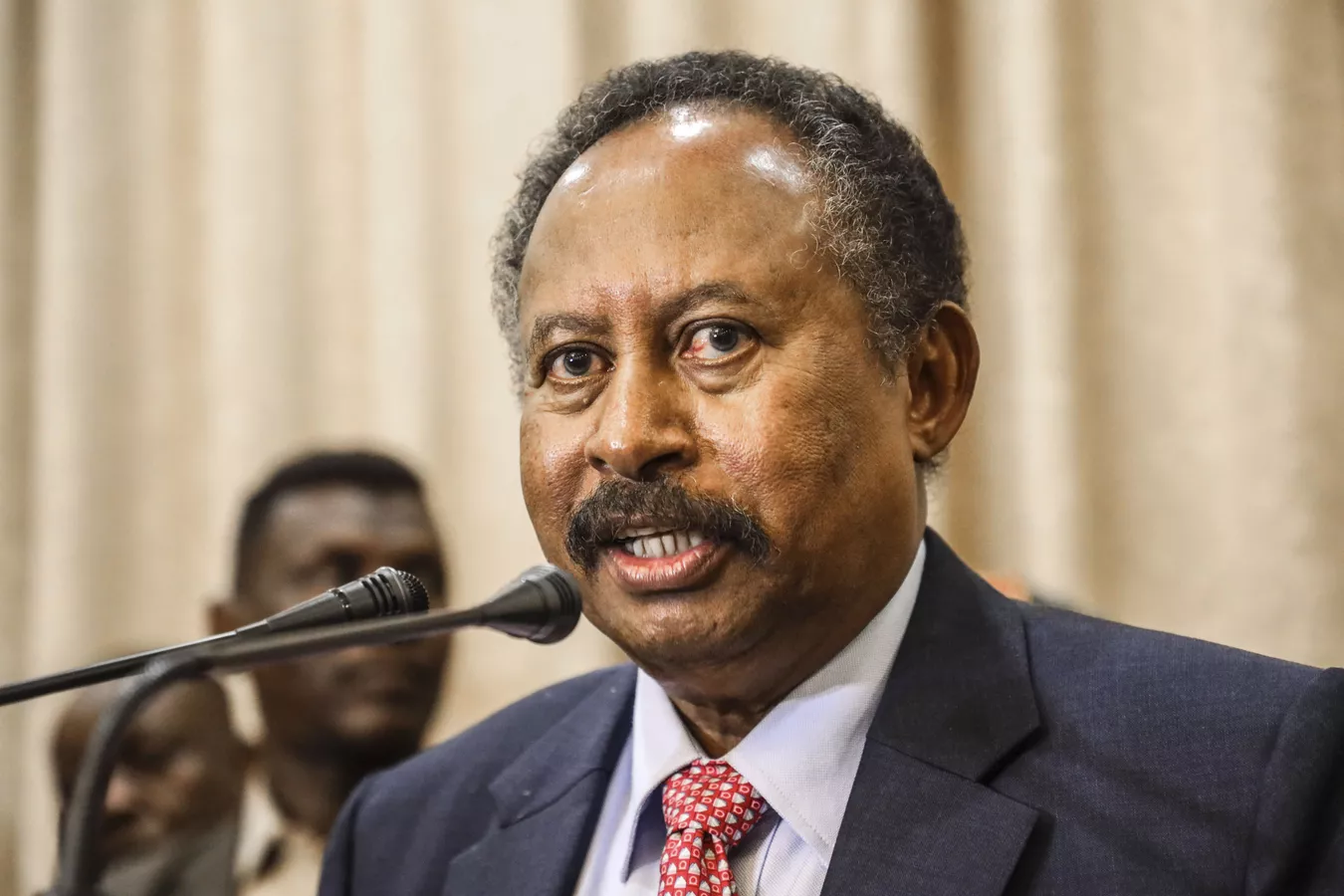Sudan’s former prime minister, Abdalla Hamdok, said he requested an urgent meeting with army chief Abdel Fattah al-Burhan and RSF commander Mohamed Hamdan Daglo (Hemedti).
Hamdok said, through his account on the “X” platform (formerly Twitter), that he “sent two written letters to Burhan and Dagalo requesting a meeting on behalf of the Coordination of Civil Democratic Forces, in order to consult on ways to stop the war that killed and displaced the Sudanese and destroyed infrastructure.”
Renewed battles between the Sudanese army and the Rapid Support Forces last Sunday, specifically in the areas surrounding the Sennar sugar factory, west of Sennar.
The Sudanese website “Al-Taqeer” quoted eyewitnesses as saying that the army’s air force intervened in the battles by launching raids to prevent the advance of the Rapid Support Forces in the areas of (Sukkar Sennar).
This came as battles between the army and the Rapid Support Forces continued for the second consecutive day in the northern and western regions of the southeastern state of Sennar, following the Rapid Support Force’s attempts to take control of the state capital, the city of Sennar.
For its part, the Sennar Youth Gathering said the situation is relatively calm inside the city despite the fear and panic among citizens, noting that the army raids resulted in injuries among citizens.
Earlier, an adviser to the commander of the Rapid Support Forces in Sudan, Ibrahim Mukhir, said last Friday that there is a condition for a meeting between the RSF and General Abdel Fattah al-Burhan.
The Arab World news agency quoted Mukhir as saying that the Rapid Support Forces require that Burhan attend the meeting in his capacity as army commander, not as head of the Sovereignty Council or as a representative of the Sudanese people.
Mukhir justified setting this condition by saying that the capacity of the Sovereignty Council and the functions of its members “disappeared with the October 25, 2021 coup, and no agreement has yet been reached between the Rapid Support Command and the army to hold the meeting because they did not abide by the decisions of the Jeddah Agreement,” he said.
The capital, Khartoum, and its neighboring cities have been witnessing fierce fighting between the armed forces and the Rapid Support Forces since mid-April, following political and security disputes, which caused the displacement of more than five million Sudanese inside and outside the country, in addition to the death of more than 5,000 civilians, which required organized intervention.


